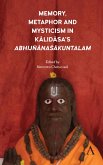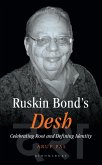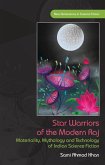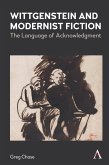The book comes at a time when V. S. Naipaul has passed away, and it is important to assess his place within the Caribbean as compared to elsewhere. As the book positions itself in Trinidad, it provides an alternative view of Naipaul's career from a non-metropolitan point of view. The book contrasts how Naipaul was read and received in the Caribbean against his reputation in the metropolitan centres.
The book is organized decade by decade, with 1950s beginning in 1950 to 1959, 1960s beginning with 1960 to 1969, etc. There are possibly two exceptions: A House for Mr Biswas (1961) is treated as a 1950s novel because it is thematically linked to his writings in the 1950s; "The Killings in Trinidad and The Death of Eva Peron" (1980) are about the happenings in 1970s and were published in 1980 only due to legal issues.
The book places the writings of Naipaul in a dynamic dialogue with the events taking place in Trinidad. There is no event of political or historical importance in Trinidad (1950s-1990s) that went unnoticed and unwritten about by Naipaul. He was a writer who wrote for his countrymen because he realized that it was his countrymen that most enjoyed his writings. Though he lived in England and was grateful for the global recognition his writing received, he knew that his writing spoke only to the true Trinidadian who appreciated him, his stances and his rebuffs.
The book is organized decade by decade, with 1950s beginning in 1950 to 1959, 1960s beginning with 1960 to 1969, etc. There are possibly two exceptions: A House for Mr Biswas (1961) is treated as a 1950s novel because it is thematically linked to his writings in the 1950s; "The Killings in Trinidad and The Death of Eva Peron" (1980) are about the happenings in 1970s and were published in 1980 only due to legal issues.
The book places the writings of Naipaul in a dynamic dialogue with the events taking place in Trinidad. There is no event of political or historical importance in Trinidad (1950s-1990s) that went unnoticed and unwritten about by Naipaul. He was a writer who wrote for his countrymen because he realized that it was his countrymen that most enjoyed his writings. Though he lived in England and was grateful for the global recognition his writing received, he knew that his writing spoke only to the true Trinidadian who appreciated him, his stances and his rebuffs.
Dieser Download kann aus rechtlichen Gründen nur mit Rechnungsadresse in A, D ausgeliefert werden.









